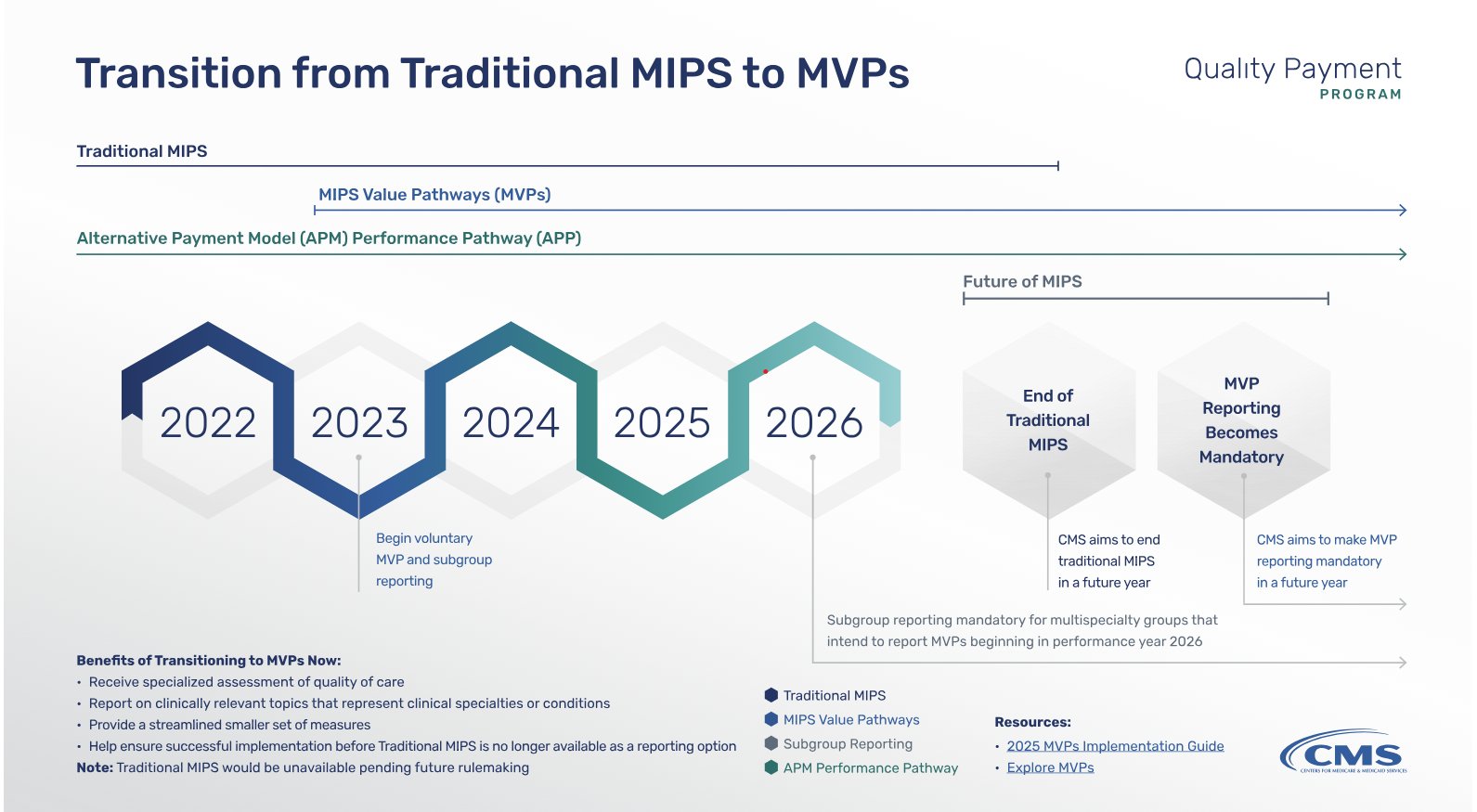
By 2022, orthopedic procedures performed in ambulatory surgery centers (ASCs) were already outpacing expectations. For years, total hip and knee replacements were considered too complex for same-day surgery. Yet, total joints replacement volumes jumped nearly 200% between 2020 and 2022—outpatient total knee arthroplasty surged nearly 194%, while total hip arthroplasty…

Editor's Note Healthcare providers, payers, and analytics teams face sweeping ICD-10 changes this fall, with the 2026 code updates taking effect October 1, 2025, Wolters Kluwer July 14 reports. The release includes 614 new codes, 12 invalidations, 642 billability changes, 88 terminology revisions, and the creation of an entirely new…

Editor's Note Standardized perioperative protocols can reduce hospital stays and costs for children undergoing surgery without affecting complication rates, JAMA Surgery August 20 reports. As detailed in this original investigation, the researchers evaluated the Minimizing Variance in Pediatric Surgery (MViPS) program, a fellow-led initiative launched in 2013 across two academic…

Editor's Note Each month of delay between breast cancer diagnosis and surgery raises the likelihood of tumor upstaging, nodal spread, and in vivo tumor growth, according to a national database analysis published in Annals of Surgical Oncology on July 23. The researchers reviewed records from more than 1 million patients…

Editor's Note Hospitals achieved a substantial reduction in mortality risk for surgical inpatients between 2019 and 2024, even as patients grew sicker and stayed longer, according to a report released August 5 by the American Hospital Association (AHA) and Vizient. In the first quarter of 2024, hospitalized surgical patients were…

Editor's Note Medicare Advantage (MA) patients undergoing elective surgery incurred lower costs than comparable patients in traditional Medicare (TM) without higher readmission rates and with no significant difference in mortality rates, according to a study published August 1 in JAMA Health Forum. The findings suggest that MA plans reduce surgical…

In July 2025, the Centers for Medicare & Medicaid Services (CMS) proposed sweeping changes to the Medicare Physician Fee Schedule for calendar year 2026. Among the most impactful updates is the launch of the Ambulatory Specialty Model (ASM)—a mandatory value-based payment program focused on heart failure and low back pain.…

Editor's Note Postoperative delirium significantly worsens outcomes for older adults undergoing major noncardiac surgery, according to research published July 8 in JAMA Network Open. Specifically, findings showed patients who developed postoperative delirium had 3.5 times the odds of death or major complications, 2.8 times the odds of 30-day mortality, and…

Editor's Note Glucagon-like peptide-1 (GLP-1) receptor agonists may offer orthopedic patients with obesity and type 2 diabetes a powerful tool for preoperative weight loss and potential disease modification, according to a July 10 review article in The Journal of Bone and Joint Surgery. However, the agents carry perioperative risks that…

An estimated 22 million Americans were believed to have obstructive sleep apnea (OSA) in 2019, according to data cited in a February 2019 article published by OR Manager. At that time, up to 80% of cases were undiagnosed, and 30% to 40% of the surgical patient population was believed to…